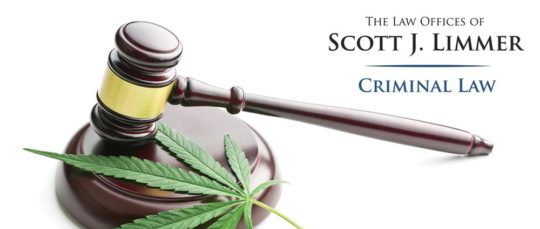Despite gains, in New York and elsewhere, on medical marijuana, in 2015 no state was added to the slim roster of those (Alaska, Colorado, Oregon, and Washington), plus the District of Columbia, that permit recreational marijuana use — despite confident predictions about this time a year ago.
A ballot initiative in Ohio last fall failed miserably, garnering support from only about one-third of voters in the state’s light-turnout vote (besides poor timing, the Ohio campaign was handicapped by a severe split among legalization supporters over provisions in Initiative 3 that drew wide criticism as being designed to enrich sponsors of the campaign, who would have received a monopoly over in-state growing sites).
Despite that setback, legalization advocates are predicting significant legalization gains for the year ahead, adding that there could be other major favorable marijuana-related developments in 2016. Here’s a brief summary of what some prognosticators see happening in the new year.
States Will Be Busy:
At least half a dozen, and perhaps as many as a dozen, states could slate ballot questions on legalizing marijuana, either medical or recreational use or both. The most significant of these is almost certain to be California, which in 1996 became the first state to authorize medical marijuana use.
While it once appeared legalization forces might divide over to different versions, it now appears they will unite over one proposal, and a well-funded campaign seems assured. Backers are also encouraged by a poll showing 55% of likely voters in favor of legalization, compared with the under 47% of voters who supported a legalization initiative in 2010).
Nevada, where a personal use initiative is already certain to be on the November ballot, is also seen as another state where voters are likely to approve legalization. Elsewhere, backers are gathering signatures for similar initiatives in Arizona, Maine, Massachusetts, Michigan and Missouri, as well as several other, less likely states. In New England, legalization backers are pushing for action by the state legislatures in Vermont and Rhode Island, which would then become the first state legislatures to legalize personal marijuana use.
Medical marijuana proposals are also being weighed in Florida, North and South Dakota, and Wyoming, and could still emerge in several other states.
Marijuana as an Election Issue?
Election strategists are doubtless trying to calculate what impact the issue of marijuana legalization could play in the 2016 presidential election, especially since some states with possible ballot initiatives (such as Florida and Nevada) may be crucial swing states. It’s generally thought the ballot measures ought to boost voter turnout and may attract more voters from demographic groups more likely to favor marijuana legalization.
The issue has drawn question in both major parties’ presidential debates, and several White House hopefuls, including Senators Bernie Sanders (I-VT) and Rand Paul (R-KY) have sponsored pro-legalization bills. Even most presidential candidates who say they oppose legalizing recreational marijuana use voice support for medical marijuana or decriminalization, and many support states’ rights to determine how to treat marijuana. In fact, the Marijuana Policy Project, which grades presidential candidates, has handed out only two “F” grades (to Republicans Chris Christie and Rick Santorum).
In another sign that marijuana law changes are likely headed in the not-too-distant future, the most recent omnibus Congressional spending bill again contained a provision barring use of federal funds to interfere with state legalization laws.
